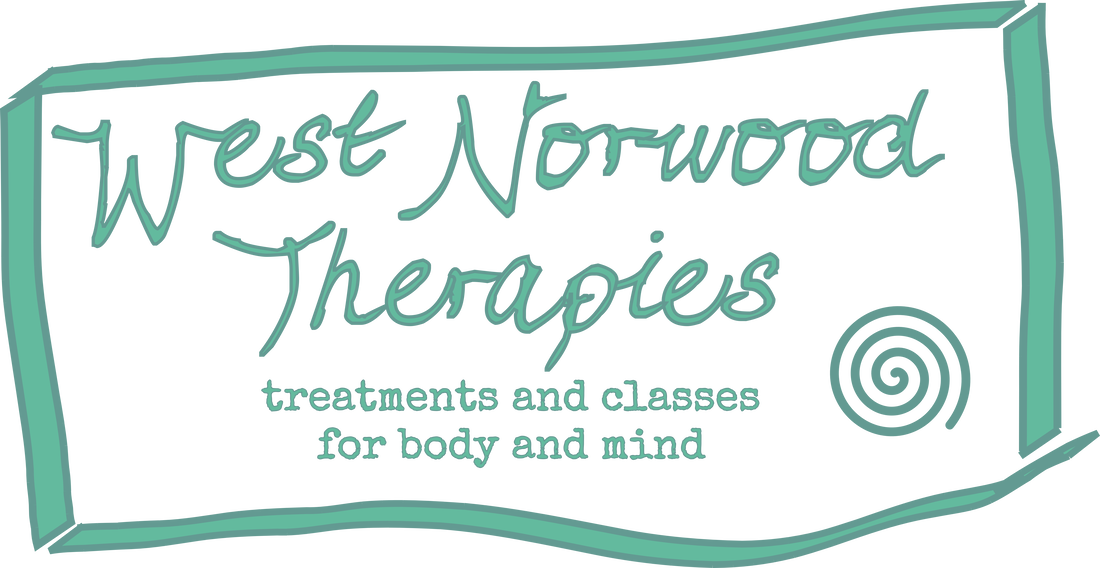|
Our thoughtful massage therapist Erika Zettervall considers our impact on the planet through our life choices and whether an awareness and gratitude for the intricacies we take for granted can help us to tread a little lighter and perhaps learn to leave less trace. The festive season is upon us as the year of 2021 is rapidly drawing to an end. Again a new covid variant threatens to upset and thwart carefully made plans of festivities. Remembering last years sudden disruption to celebrations and disappointments is perhaps not what we had in mind gearing up to Christmas. But being prompted to look back into the year we have just had is good in order to see where time has gone. Revisiting good moments reinforces the feelings of joy/wonder/love in life and fills our source of strength. Equally, acknowledging difficulties and hardship and persevering in this crazy unpredictable thing called life develops this source of strength. Reflection can also help in seeing what direction we are traveling and becomes an opportunity to adjust direction. We need moments to rejoice, to experience abundance and generosity. Connect, congregate and break bread together. Nurturing our seeds of happiness. The true spirit of Christmas contains all that. The trouble is we easily slip into excess, stressing out and inadvertently creating the opposite. Too much of a good thing becomes a bad thing. Reflecting on questions such as ‘where does it all come from?’ and ‘where does it all go?’ might bring connection to our impact on our planet and maybe bring more of a sense of being part of our environment. It might also be a bit uncomfortable. This year we have become reminded what complex logistical network we live in and how fragile the chains of distributions are. The mind boggles thinking of all the parts that comes together in order to create a simple plate of food. From pretty straight forward seeds that have been watered, nurtured into a plant and then harvested, to animals that have had their food grown and harvested to be feed them then their life taken and turned into cuts. The tools and cutlery we use was made somewhere by someone and ended up in our kitchen. Resources we use for cooking, cleverly arranged so we only switch on the hob. The person who shopped and cooked the food. You quickly create endless complex webs and chains of all that came together to create one meal. It is quite remarkable what we are capable of and how interconnected we are. Before digging in to your plate of food, pause and give thought and thanks and gratitude towards all that had to come together for the meal to manifest. Some say grace before a meal and thank God. I was brought up in an atheist environment and particularly my father thought it ludicrous to thank God as it was his hard work that paid for the food. My mother who did the cooking and shopping probably wanted to be thanked for that. I think they missed the point. Saying grace is a way of thanking all that came together for the meal to be there, regardless of belief in God or not. Pausing and express gratitude before feasting heightens the sense of wonder and respect. Where does it go? What do we leave behind? Definitely less pleasant to think about but non the less necessary - the food becomes energy for our bodies and waste. The waste bit we generally don’t like to give that much thought to: go to the loo, flush, gone. But where does it go? (We have been reminded this year that more often then we like to think it gets dumped in our rivers). We have our rubbish collected as a part of our council tax payments so we pay to not have to worry about it and - when it works - it’s very efficient and convenient. Currently there is an exhibition at the Design Museum in London titled Waste Age. It’s focus is on solutions. I have not yet seen it but read about it in this article. It sounds optimistic and interesting. Generally, I despair about the state of waste in the world and particularly attitude to littering in this country. (The writer and comedian David Sedaris explored this topic years ago and I will refrain from going into a rant, but it is very noticeable when returning here from abroad.) I believe there is a natural desire in us to make a mark or leave a trace that we have existed. Cave paintings contain handprints likened to a signature. Carvings in stones and tree trunks leave a mark of our presence to posterity as graffiti paintings do. Monuments and graves are, to some extent, also markings that we have been here. Perhaps we fear being forgotten, that our life’s were insignificant and unremarkable and that feeling drives a need to mark our existence and create a memorial. But I doubt anybody likes the notion that we will be known in history as the era of waste so this flame of desire might not need more encouragement and instead some temperance. I thought of wild camping. Not so much as a venture but the ethos of it. Leave no trace. You set up your camp discreetly, bring all you need with you and leave nothing behind. If you need a poo you carefully select a spot to not contaminate water, dig a hole and cover it. You don’t scare the ground with fires but take your stove and fuel with you. Visiting a place without engraving your presence on it. “If you see the suffering in the world but you haven’t changed your way of living yet, it means the awakening isn’t strong enough” – Thich Nhat Hanh When we live many together as we do, almost everywhere in the world we have found support for our existence by providing infrastructure for amenities. But we may have lost the connection to the impact this has on our Earth. By considering how interwoven we are and what impact we have we might be led to tread more lightly while still celebrating life and so begin to change the course from becoming the age of waste. Some ideas for Christmas stocking fillers: litter-picker, ticket to Design Museum, Thich Nhat Hahn book Zen and the Art of Saving the Planet.
0 Comments
WNT founder and veg grower Jennie Duck considers her relationship with slugs and how learning to live with them could be a fertile ground (pun intended) for letting the 'bad' feelings coexist with the good. It’s wet in Scotland today. Very wet. The river outside our house is flowing with force after a relentless 36 hours of rain. Not the best day to be working in the veg patch but first chance in a while and there is plenty of old vegetation to remove, relentless weeds to pull and gazillions of slugs abounding. They seem to thrive in the wet and this morning I found tens of them, ranging in size from a couple of millimetres up to a couple of inches.
Then I began to explore yoga principles, to reflect and shift toward living more aligned with considered values. The yogic concept of ‘ahimsa’ - the idea of living in a non-harming way - presented a challenge and I began to wonder how that could work in a veg patch. We are an almost-vegetarian household and conscious about where and how we source any meat or dairy products we use and yet I was crushing slugs willy-nilly in the name of nicer looking kale. This year my attitude has been somewhat more laissez faire. I have transported slugs to the compost heap rather than drowning them with the weeds or squishing them. I have been less diligent with weeding, giving them more places to hide and more leverage to get up to the nice juicy leaves. They have gone rampant, the compost heap is obviously a brilliant place for them to breed and a brilliant place for them to work their way back to the veg patch or over to the greenhouse…
Sports massage therapist Lauren O'Sullivan shares her challenging experience in attempting a plastic free month and some helpful suggestions as to how to reduce your plastic consumption when it is ubiquitous. Prepare to be challenged! July is ‘Plastic free month’. Its purpose is to raise awareness and encourage people to reduce their plastic waste. Sounds like a great idea and it might just be the reminder and call to action that some of us need to make a change in our plastic consumption and subsequent waste. But how easy is it? Not so easy. I challenged myself to not buy any new plastic in the month of June. Using plastic products that I already had was okay, I just couldn’t buy any new plastic for a month...I lasted a week. Which in hindsight is quite impressive. I hadn’t realised before I set myself the challenge just how much plastic is EVERYWHERE. Not to mention that in the month of June I was having work done on my kitchen so my only food options were ready made meals or takeout: cue the plastic. Kitchen work aside, I still thought that if I made the conscious decision to avoid buying plastic, I could. For that first week I deliberately bought take out food from places that I knew used cardboard boxes or, even better, compostable packaging. Another relatively easy choice, which I’ve already been making for several years, is taking my own cloth bags to go shopping. I also buy dry goods and toiletries such as hand soap and shampoo from a zero waste refill shop - more on that later. All of the above aside, it is quite literally impossible to buy milk (dairy or alternative) without plastic and oat milk is something I consume daily. The only alternative there would be to make my own, and quite frankly I just don’t have the time! The other thing that is impossible to avoid is tags on clothing. I am an avid charity shop goer and I feel that reusing clothes that otherwise would be thrown out is a great waste saver, but you can’t avoid the plastic price tag! It’s in the little details that I got caught out (and those are just a couple of examples) and if I wasn’t doing the challenge I probably wouldn’t even notice them. It has really opened my eyes to just how much plastic is used. We don’t even realise our consumption of it on a daily basis. If we can’t cut it out completely, thankfully, there are ways that we can REDUCE our plastic consumption and waste. Starting with zero waste refill shops. You bring your own container and fill it with ingredients or products that the shop buys in bulk, therefore reducing plastic packaging needs. Granted, there are some in London that only stock very expensive organic products and ingredients and charge extortionate amounts for them. However there are a few gems in and around West Norwood: Sustenance - West Norwood (pop up at Portico Kitchen) Healthier without - Streatham → apparently they now have their own oat milk dispenser! BYO - Tooting market Some other great ways to reduce are:
Where you do need to purchase plastic containers see if you can reuse them before recycling them. If you have kids, plastic containers can become all sorts of arty creations! If you are a keen gardener, plastic bottles or lids can become germination pots and plastic bags or sheets can become cloches. Paying a little bit of attention and being more conscious of your decisions in regard to plastic consumption and waste can make a big difference. Start small and build habits. Good luck! |
AuthorBlogs from the WNT team. For our blogs from before June 2020 please see individual profile pages - it's a good way to get to know practitioners too. Archives
June 2024
Categories
All
|
|
Visit us - by appointment only please - in the office block in the Access Self Storage premises at 443 Norwood Road, London, SE27 9DQ
[email protected] Phone - please contact practitioners directly, or if not in a rush you can leave a message for us to call you back at 07931876931. |
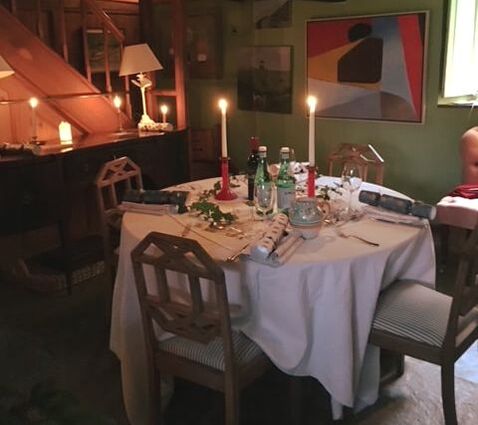
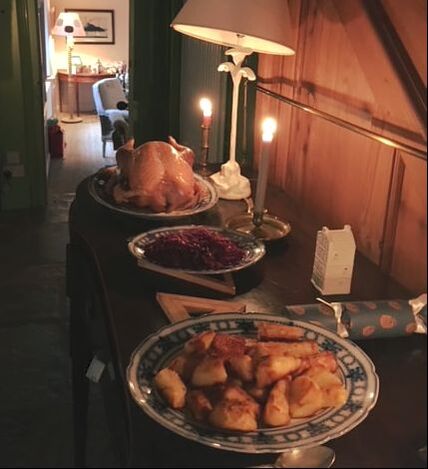
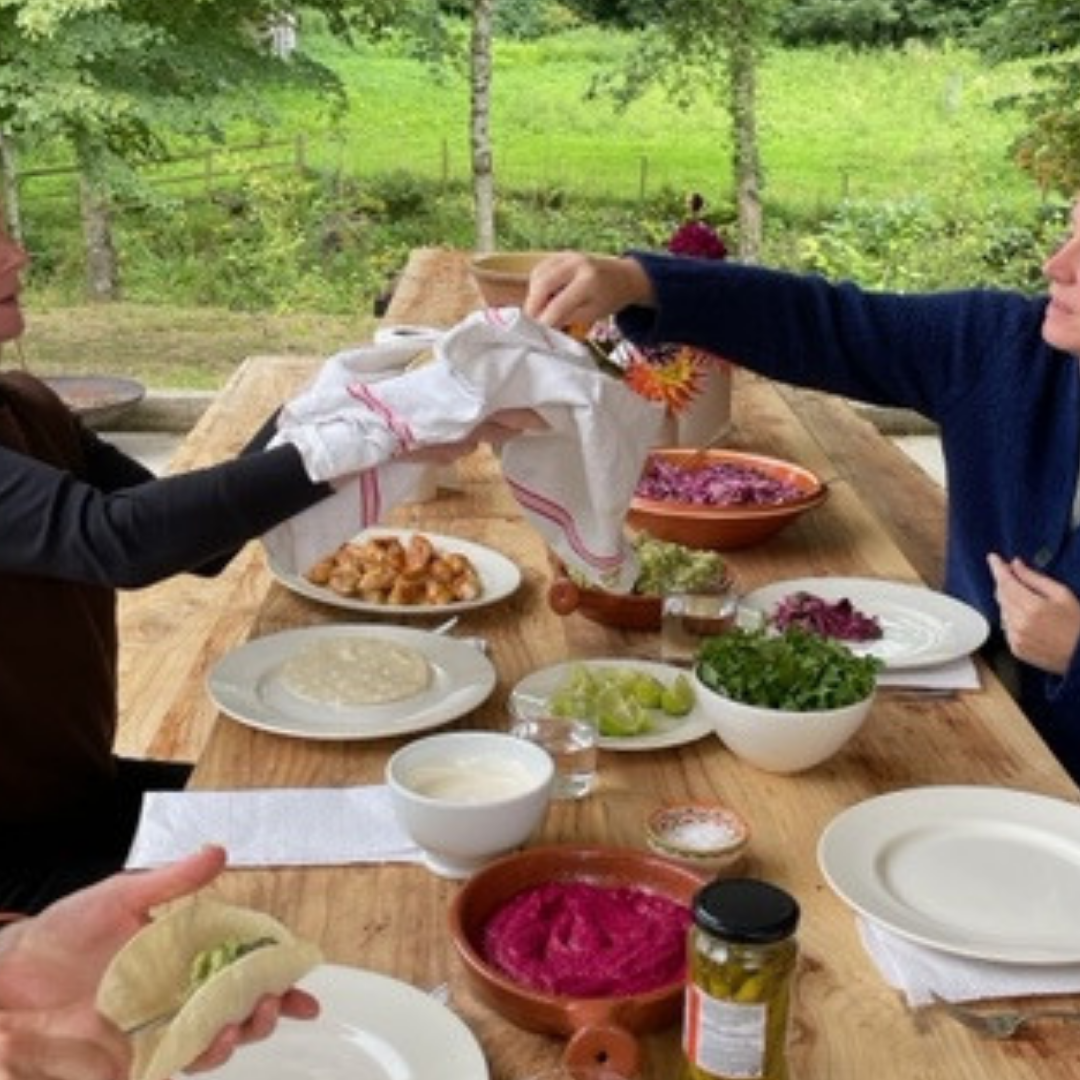
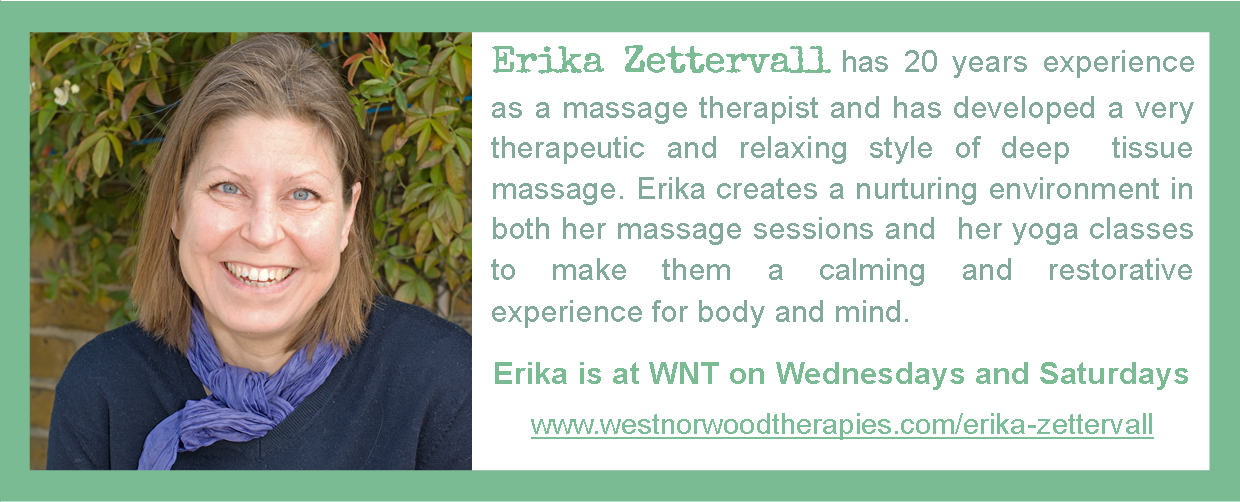
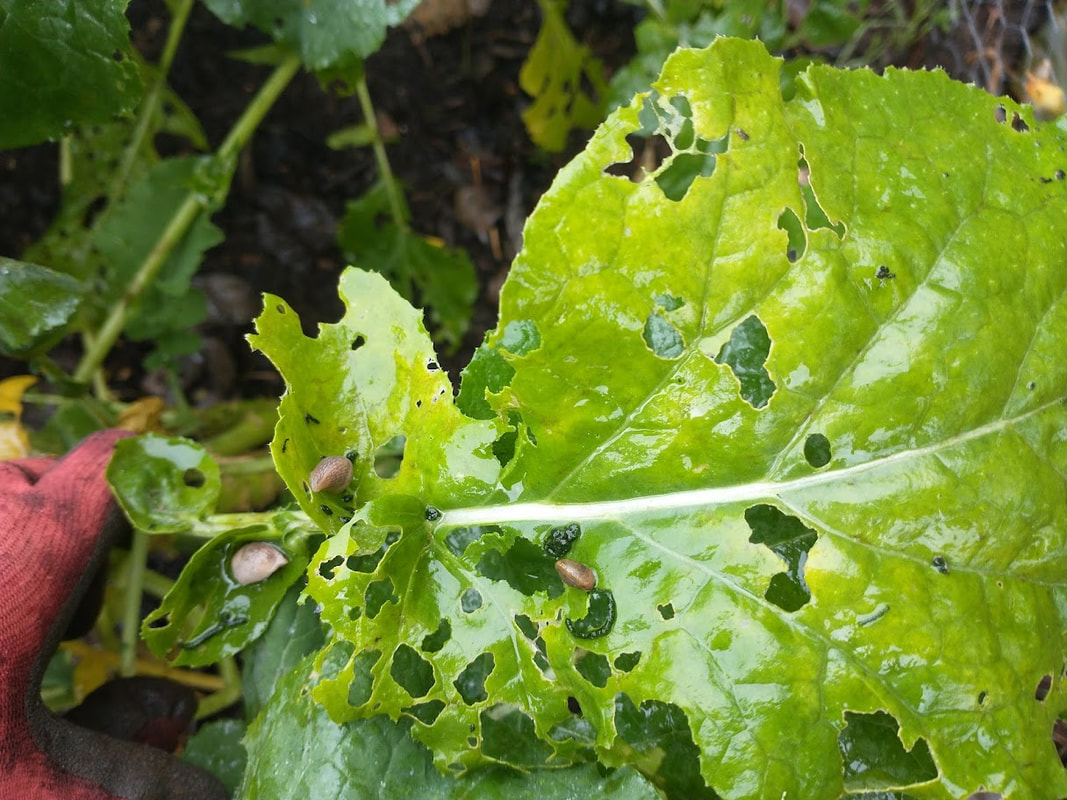
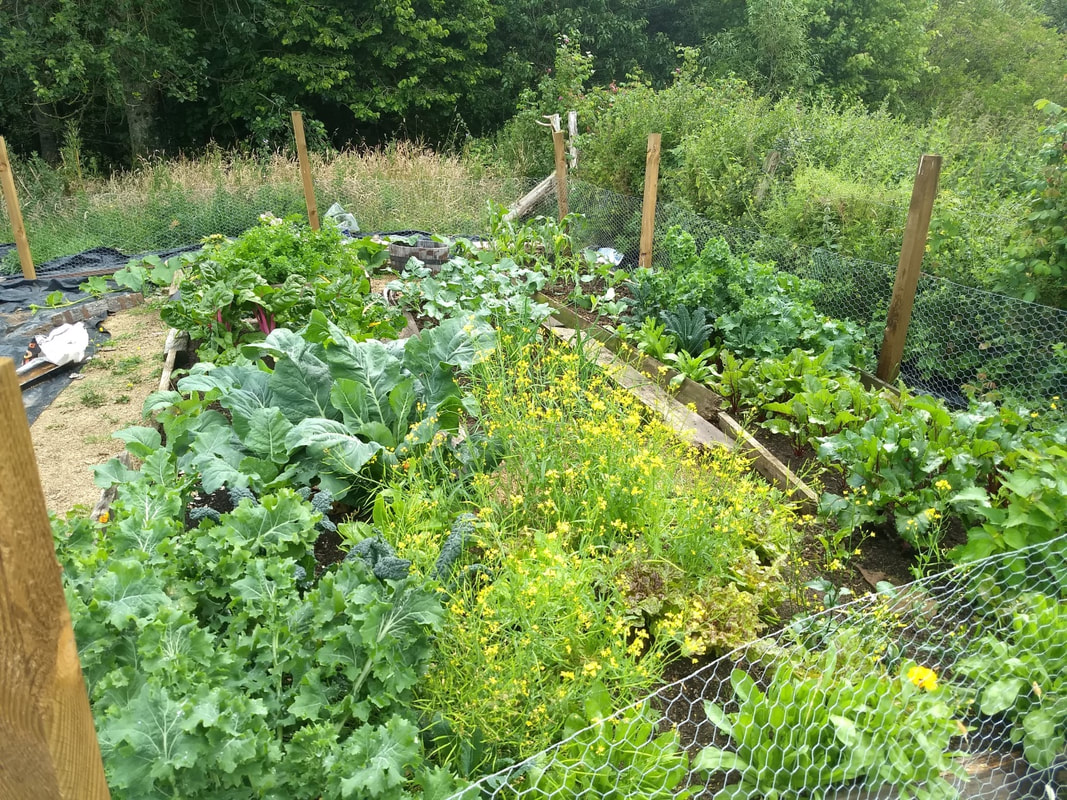
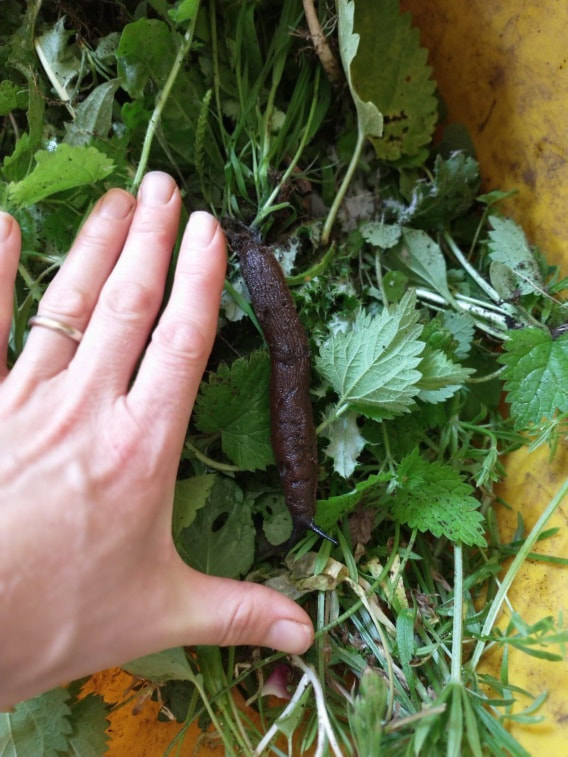
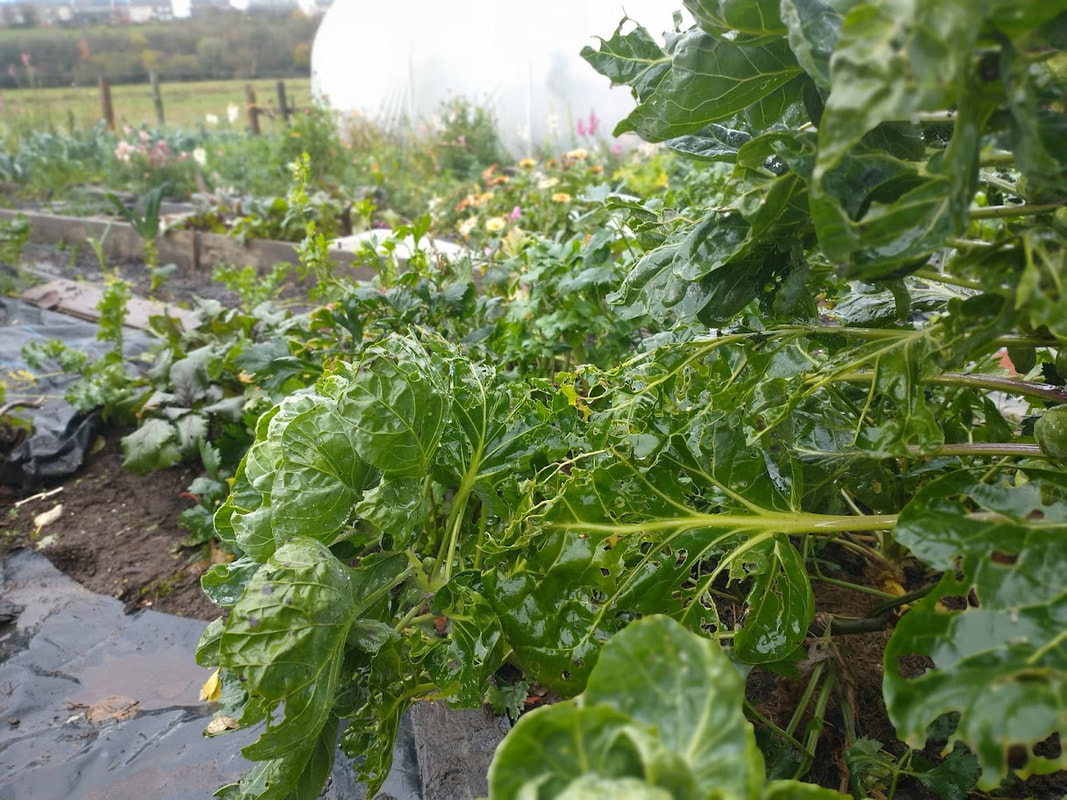
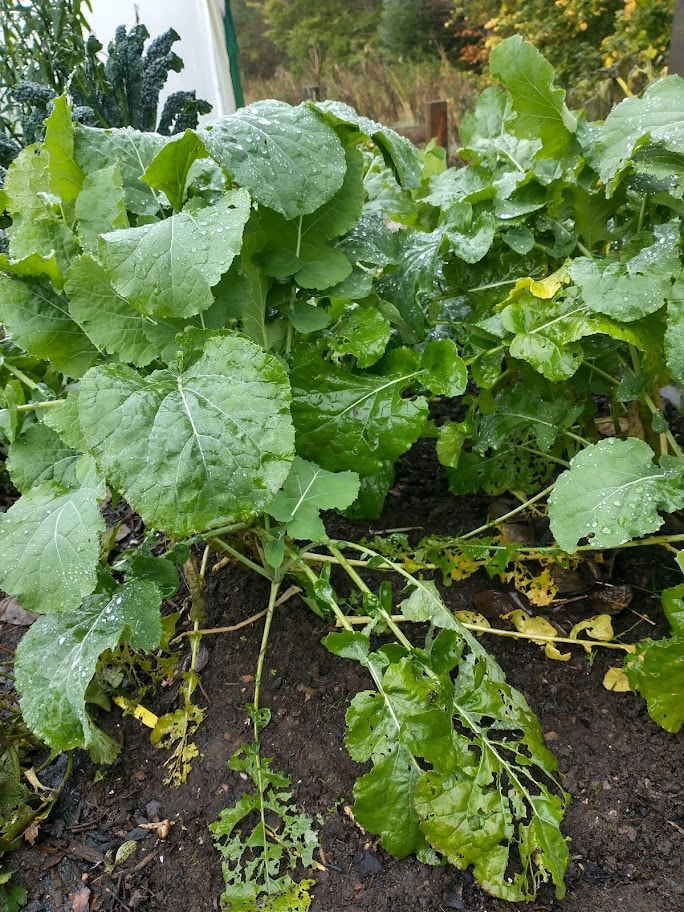
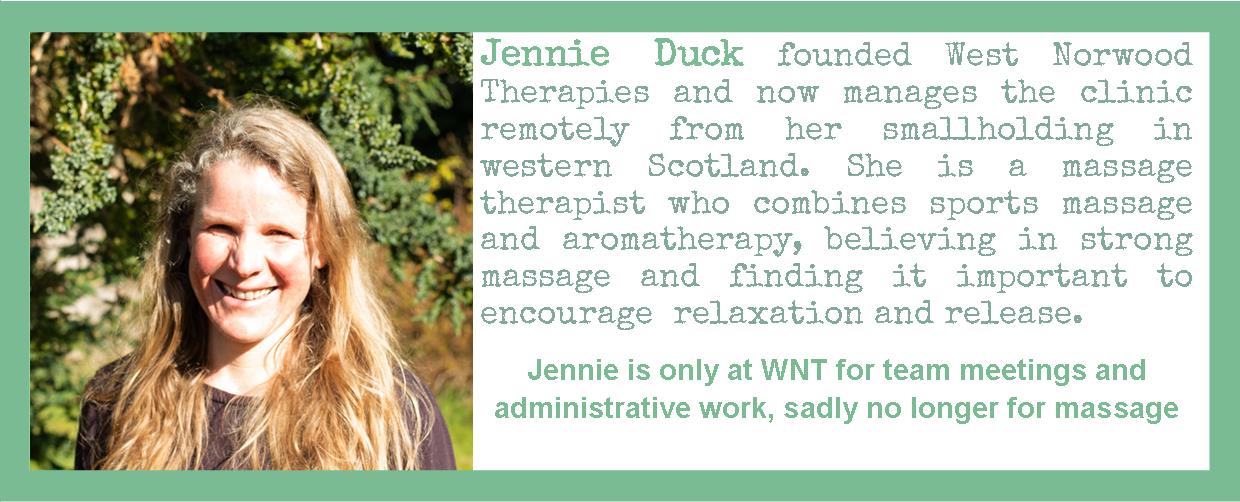
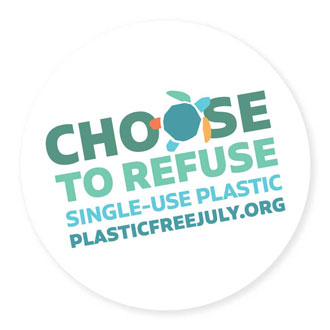

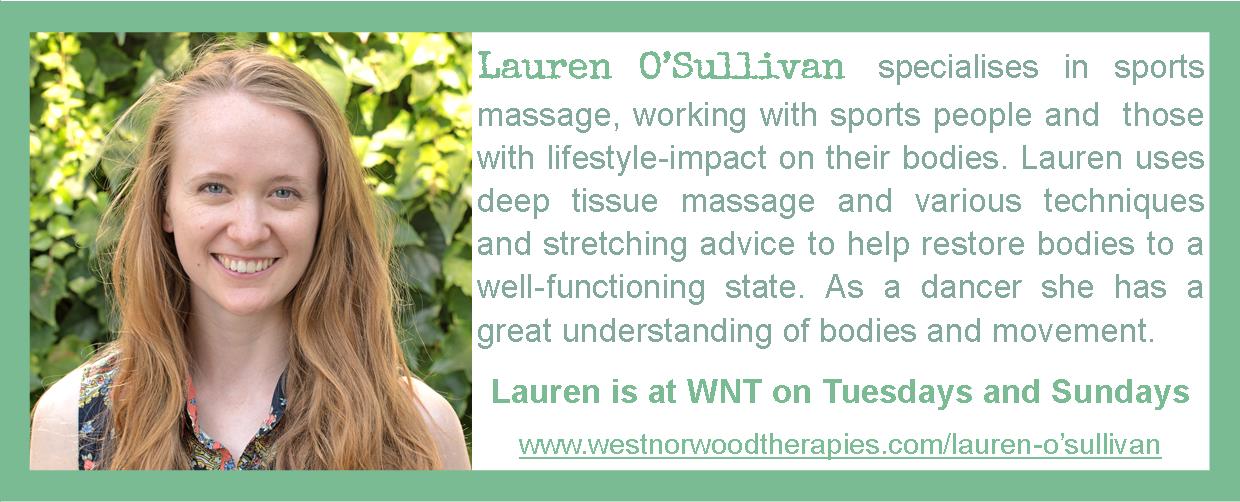
 RSS Feed
RSS Feed
